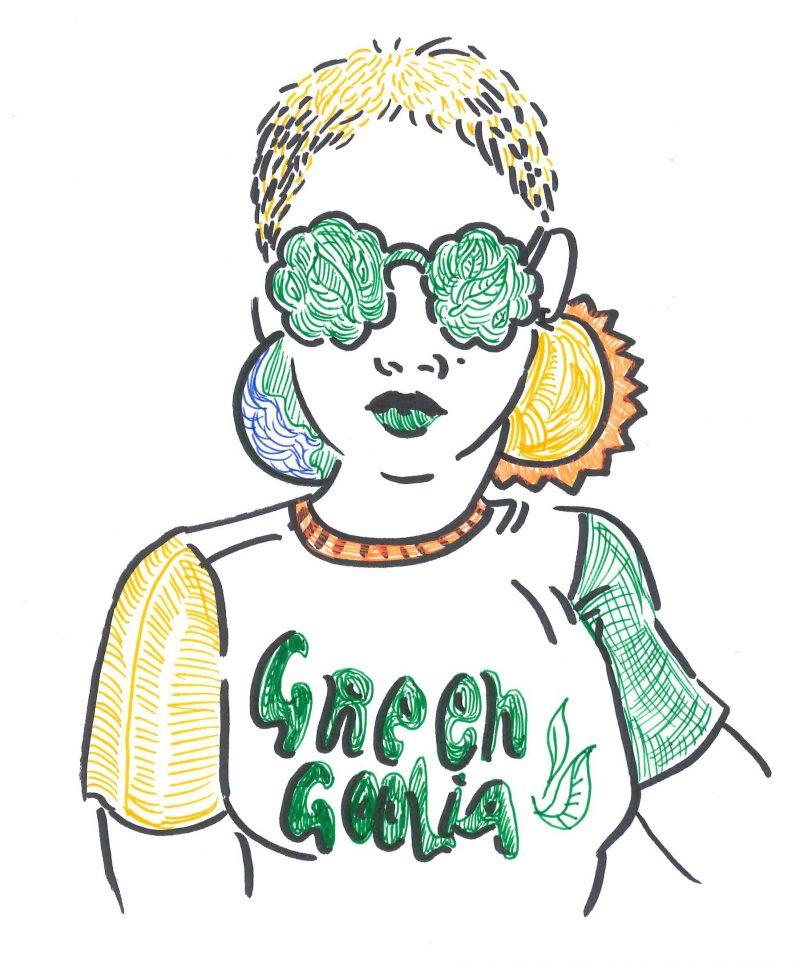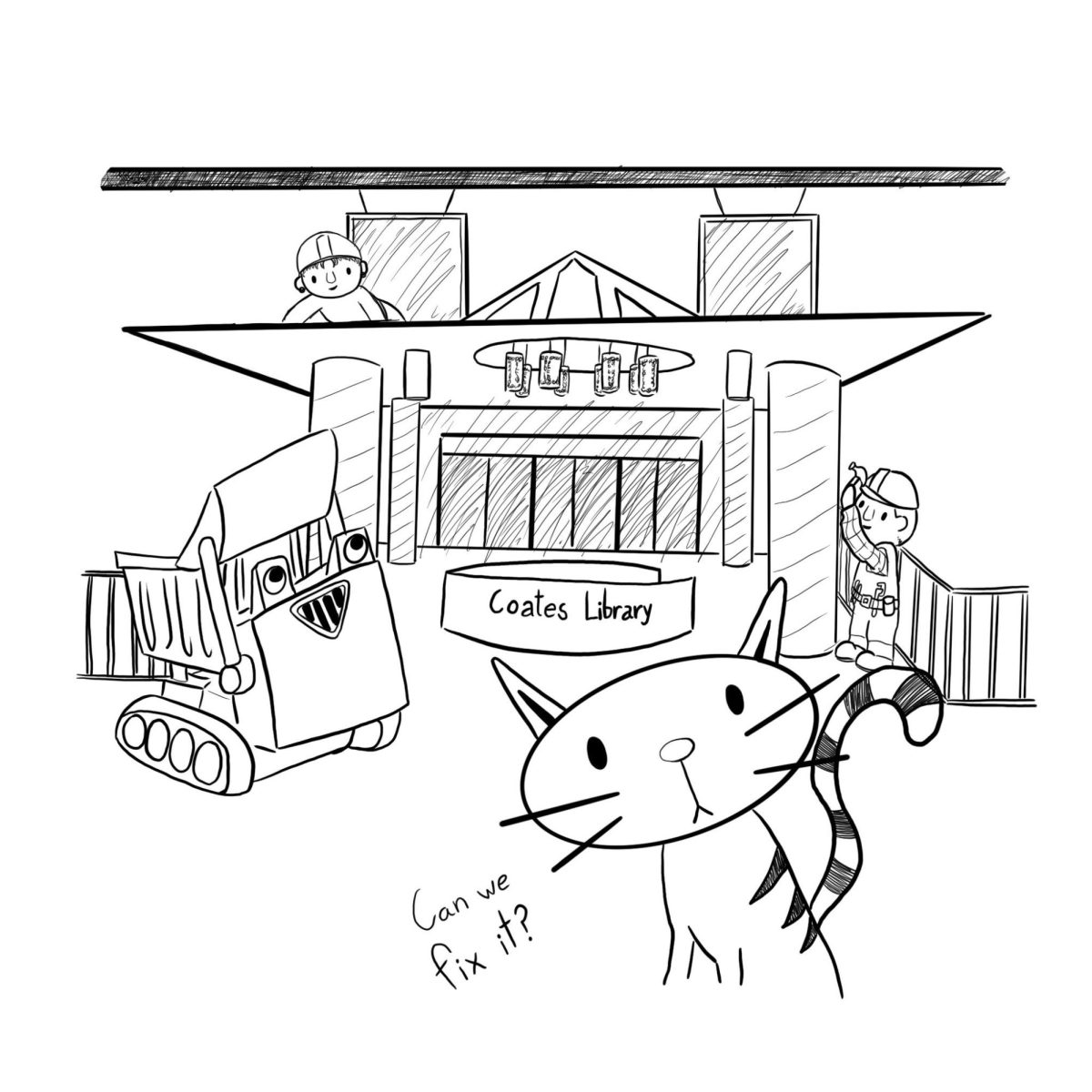People tell you to go vegetarian or vegan to save the animals, but what about the environment? This week on Green Goolia: the environmental costs of a meat-based diet.
Many people choose to exclude meat from their diet because of moral or health reasons, but I think that the environmental reasons are not as widely discussed. If you are looking for a way that you personally can help the environment, you should consider eating less meat. Here’s why.
A lot of people don’t think about where their beef, chicken, pork or fish come from before it lands on their plate. A simple search of “eating meat environmental impact” will show you that the effects include all of the following: increased greenhouse gas emissions, deforestation, the loss of biodiversity, air and water pollution, fishless oceans, etc. The list goes on and on. Now let’s break that down.
In this day and age, most people can agree with scientists that the increase of greenhouse gases are what is causing the ozone to heat up, leading to further harmful effects on the planet — like melting polar ice caps, extinction of species, etc. If this all makes sense to you, keep reading. You might not know that animal agriculture, or the process required to raise animals for consumption, is one of the largest contributors to greenhouse gas emissions. Right after fossil fuels, animal agriculture contributes around 15–20 percent of global greenhouse gas emissions. While this exact number has been debated and contested over the last few years, it’s clearly a large number that we can have direct impact over.
In addition to the greenhouse gas emissions, there is the issue of deforestation. An extensive amount of land has to be cleared out to grow crops for raising animals like cattle, even if they are free-range and organic. This means the destruction of areas like rainforests and natural habitats for endangered species. If the consumption of meat continues to rise, the Earth will not be able to sustain it because there is not enough farmable land on the planet to provide that much meat. The Environmental Work Group, an environmental non-profit, estimated that “livestock feed in the U.S. alone requires 167 million pounds of pesticides and 17 billion pounds of nitrogen fertilizer each year across some 149 million acres of cropland.”
The impact of air and water pollution was less obvious to me. If you think about it, it makes sense. There are so many chemicals, pesticides and other harmful toxins like manure from factory farms that end up in the surrounding soil and water. This destructive leeching ends up polluting the areas nearby, which are often communities of color and low-income neighborhoods.
People often make the mistake of thinking eating fish is better than beef because it doesn’t involve the factory farming and the destruction of land. However, there are still many negative environmental consequences of eating fish. The fishing industry is very detrimental to the ocean and the creatures who inhabit it. With an increased amount of fishing comes a large loss of biodiversity in the ocean. The UN Environmental Program estimates that we could be seeing fishless oceans as soon as 2050. This destruction of marine ecosystems would have catastrophic effects on other ecosystems around the world. Bycatch, or the catch of non-target fish and ocean wildlife, is also a large threat to the ocean. Oceana estimates that 40 percent, or around 63 billion pounds, of fish that are caught in the world is bycatch. This bycatch includes our cute friends sea turtles, dolphins and whales. So while skipping the straw at Einstein’s is nice, skipping fish at the dinner table is a lot more likely to save the turtles.
You can help the Earth by choosing to eat less meat because as consumers, we have the power to change the future and vote with our money. When we purchase animal products, we are funding the industries that are causing harm and destruction to our planet. By choosing to purchase plant-based alternatives, we are choosing to have less of an impact on the environment. While no lifestyle comes without harm, it can help to do as much as you can to reduce harm and suffering to our planet. If you are willing and able to, there’s no reason not to try it.
Do you have to go vegan or vegetarian tomorrow? Of course not. Try “Meatless Monday.” Opt for soy, almond or coconut milk in your coffee. Eat a meal packed full of vegetable protein, like tofu, quinoa or avocado, instead of meat. Your stomach will thank you and so will the Earth! It doesn’t have to be a major commitment on your part. Just try it every now and then, and you’ll already be making a huge difference.







